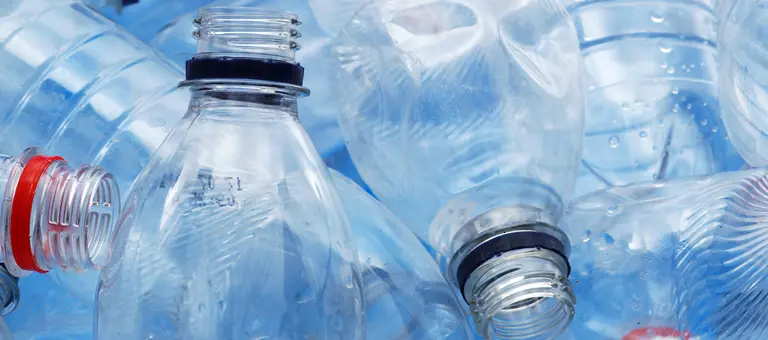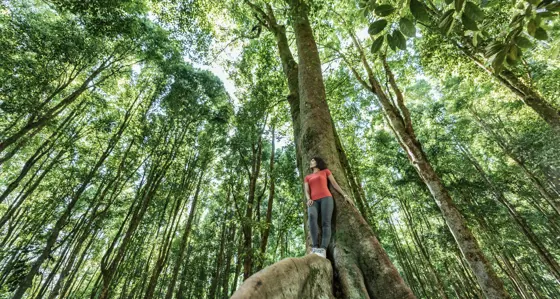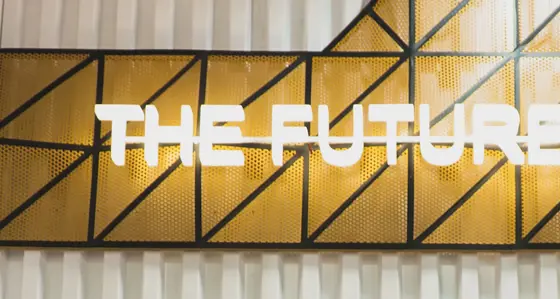
Deposit Return Scheme – are you ready for it?
1 April 2019
I have mixed feelings about recycling. There. I said it. My food recycling bin usually ends up serving dinner for the neighbourhood’s foxes, and my mixed bin has been rejected more times than I care to count due to ‘contamination’.
So when one of my colleagues asked me what my view was on DRS, I thought she was after the latest trends in resource scheduling or something to that effect. After establishing that she was actually talking about the proposed Deposit Return Scheme, one of the hottest topics for soft drinks bottling companies, I decided to research the topic. Good old Google coupled with conversations with my client brought me up to speed with the scheme and the intended benefits of it. The idea is that you pay a small deposit for every plastic bottle you buy which you get back when you return the bottle - this way ensuring it’s recycled. This may not sound new. It’s not. Many countries in Europe have adopted the scheme, with Norway achieving a 97% recycling rate for plastic bottles, and Germany a 98% total return rate for plastic, glass and aluminium cans.
What I find exciting are the supply chain implications of the DRS. And there are plenty!
When it comes to demand planning, which just so happens to be my favourite topic, the commercial implications could be significant as the combination of increased price and required action to get your money back could put consumers off or lead to a shift to glass bottles, if these are not impacted by the DRS. I expect long term forecasting will be particularly challenging due to the sheer amount of assumptions that will have to be made to account for this unknown behaviour.
A potential shift from plastic to other materials will in turn impact manufacturing as production lines and materials, raw and packaging, will have to keep up with the change. And this of course will impact costs, and thus commercials, and so the circle continues.
Added to this uncertainty is the possibility of Scotland introducing a DRS scheme ahead of the rest of the UK. In this case soft drinks bottlers will need to consider coming up with different packaging for bottles intended to be sold in Scotland as a way to distinguish those that are eligible for refund. I can only sympathise with those that have portfolio complexity in their scorecards.
Let’s spare a thought for the actual logistics of the scheme. Collection and transportation will become a new mini-industry in its own right. Add governance of the scheme on top and you’re dealing with a huge new undertaking. And it goes without saying that consumer goods companies will not be the only ones impacted, the oil & gas sector for one is closely linked with plastic usage.
All that said, there is much the UK can learn from the 10 European countries who have already implemented DRS. They have introduced some great initiatives - my favourite being return locations that are used for charity.
So despite my own questionable success with recycling I am excited about the DRS and really keen to see it succeed. However, as a supply chain professional in consumer goods, there are plenty of questions on my mind that I am looking forward to exploring further.
Related Insights

Preparing for the EU's regulation on deforestation-free products
Is your supply chains prepared for the incoming EU Deforestation Regulation? In this article we share what you need to know in preparation for the new regulation, and how Baringa can help you.
Read more
Achieving the benefits of a multi-brand product portfolio
Download our blog on achieving the benefits of a multi-brand product portfolio.
Read more
Trading team optimisation: time to add value
Trading team optimisation: How team structures and ways of working can help trading teams make fast, informed decisions.
Read more
Become digital podcast: Episode 2 - Pret a Manger
Baringa are joined by Pret a Manger to discuss their digital journey, strategies, response to Covid-19, Pret's coffee subscription service and more
Read moreIs digital and AI delivering what your business needs?
Digital and AI can solve your toughest challenges and elevate your business performance. But success isn’t always straightforward. Where can you unlock opportunity? And what does it take to set the foundation for lasting success?